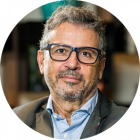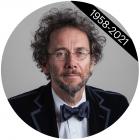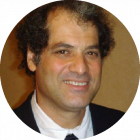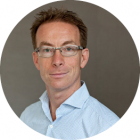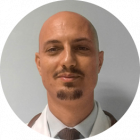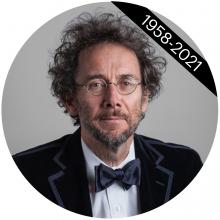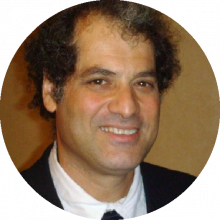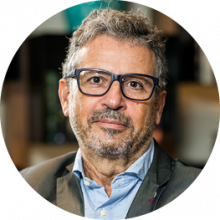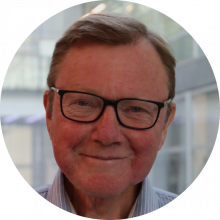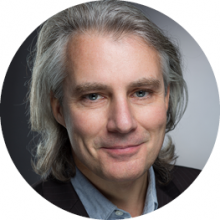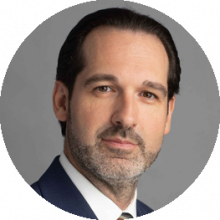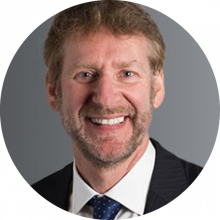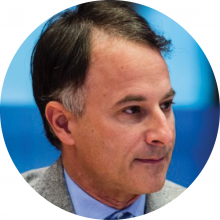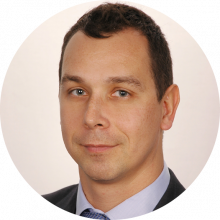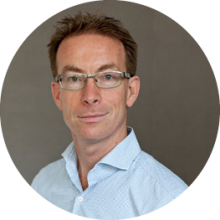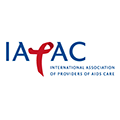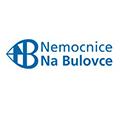Day 1 - Friday, 13 September 2019



European Workshop on Healthy Living with HIV 2019
Related Enduring Materials
Day 2 - Saturday, 14 September 2020
Welcome
"To help the European community of future clinical leaders, who embrace an updated and relevant paradigm for the optimal care of HIV infected individuals. Focused not only on viral suppression but also on guaranteeing them optimal health throughout their lifetime. Striving to develop a clinical setting where treatment decisions consider all their implications for long term health."
Over the last two decades, HIV has been transformed from a fatal disease into a chronic condition where the great majority of HIV infected individuals can look forward to a full and active life. This has been due to an increased understanding of the disease and its management, but above all to the unprecedented improvement in antiretroviral drugs.
Not surprisingly, current management of HIV infected patients continues to be overwhelmingly influenced by the fear of AIDS, suffering and death, with treatment success measured by long term avoidance of these conditions. But in the context of the armamentarium now available to clinicians and HIV infected individuals, much loftier goals are appropriate. Clinicians should now be focused not only on avoiding AIDS but on guaranteeing HIV infected individuals a full long life with a very minimum of adverse events or co-morbidities. Planning not only for the next 5 – 10 years but for many decades to come with a healthy and productive older age. This requires clinicians adapt a proactive approach to preventing long term morbidities and incorporate this into their decision-making process when making treatment choices.
Program Chairs
General Information
- Educate HIV clinicians on new treatment options and their long-term implications;
- Increase the HIV clinician’s level of understanding of options for prevention of comorbidities and adverse events;
- Help shift the clinician’s focus to management of long-term health;
- Encourage a proactive and protective treatment attitude;
- Broaden the scope of HIV clinicians and enrich their knowledge of and collaboration with other medical disciplines.
- Enhanced communication and collaboration between both junior- and senior-level international researchers (from academia, government, and industry) and clinicians to promote the exchange of ideas, results, and technologies leading to successful translation into improving long term health for HIV-positive individuals;
- Dissemination of knowledge and data exchanged by conference participants beyond the audience of the live event, thus maximizing the impact on the HIV research community.
Practical Information
Scientific Committee
The members of Scientific Committee are hand-picked by the Organizing Committee and the conference secretariat based on their significant contributions and commitment to the field. They assist the Organizing Committee by providing them with suggestions for speakers and topics. In addition, members of the Scientific Committee participate in reviewing submitted abstracts, and play an active role during the workshop as moderators and/or chairs of sessions.



